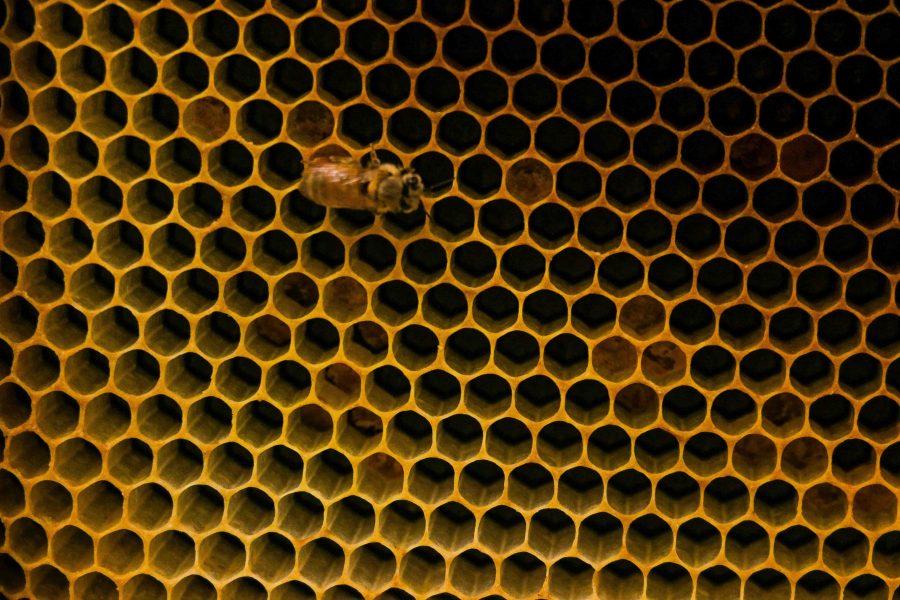Editorial: Do your part to save the bees
Mar 29, 2017
The bees are disappearing. You may have heard this before and shrugged your shoulders thinking that surely the Earth could do without a few bees. Unfortunately, any disruption of the natural order of the environment can quickly take a downward spiral.
They’ve paved paradise and put up a parking lot. Self-proclaimed tree-hugger or not, there is no disputing that civilization has expanded to the point that there are less areas where nature can run its natural course. And because of this, potentially catastrophic consequences are occurring .
Bees are not just those pesky buzzing insects that are known to deliver a sharp sting to anyone who gets in their way. They are responsible for pollinating critical crop species that feed 90 percent of the world. To make matters worse, if the bees go then those plants they pollinate may go too and so would the animals who eat them. The whole food chain is affected.
The recent expansion of cities, suburbs and row crops are taking over areas that used to be wildflower friendly. It has been made clear in the past couple of months that the government is not as interested in the environment as they should be, especially with the new executive order President Donald Trump just signed, which greatly diminished the federal regulations on climate issues, in favor of greater economic production.
It’s time for us, as a new generation of students, innovators and civilians of planet Earth to take more initiative. Start by doing some research. Not all types of flowering plants are helpful to bees. Find a couple of plants that are and plant them in your yards at home, or in flower pots or flower beds. This makes your home more beautiful and helps the bees, a double victory.
Get The Daily Illini in your inbox!
If you’re a honey lover, try and go out of your way sometimes to buy local honey. Local honey is usually produced by beekeepers in the area, who are doing what they can to ensure survival of the bees, and it’s tasty and fresh.
It doesn’t take a whole lot of effort to contribute a helping hand when it comes to dangerous environmental scenarios such as the bee epidemic. Anyone can be a catalyst for change. Any step in the right direction is a step closer to saving the bees.






